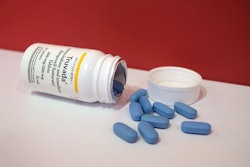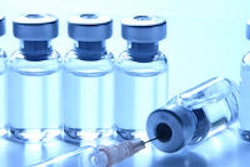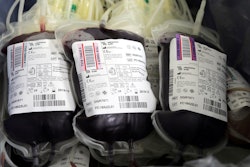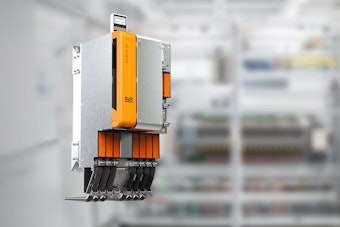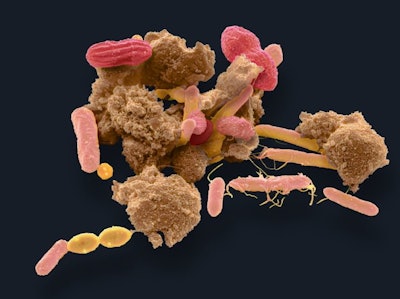
Fecal transplanting is the process of restoring colonic microflora in the body by introducing healthy fecal bacteria. This can be done via colonoscopy, enema, orogastric tube, or by mouth in the form of a capsule containing freeze-dried fecal matter. However, according to a recent CNBC article, it may not be the safest strategy. One patient died, and another fell ill after receiving transplants, prompting the FDA to issue a safety warning.
The stool used for both patients’ transplants came from the same donor and was not tested for E.coli bacteria as it was part of an experimental fecal microbiome transplant (FMT). The FDA’s warning is intended to warn health care professionals who administer FMT about the risks of the procedure so that they can inform their patients.



